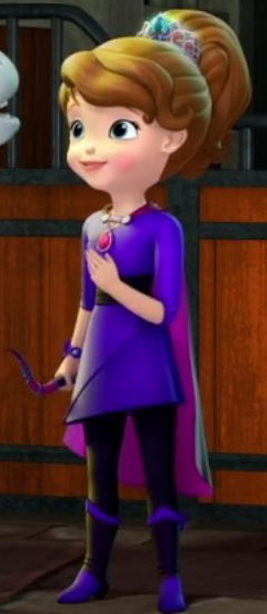Finchbearer
 Istar
Istar
So there are some common themes that run throughout my storytelling - I love historical settings, so naturally I also enjoy working with the restrictions that this places on the narrative, such as horses as the main mode of transport, a strict patriarchy, modes of dress, ie. women in dresses, men in breeches.
I write many female main and minor characters and they’re all different, though sometimes for practicality, comfort or for personal preference they wear mens clothing.
The reasons vary, but mainly fall into the categories of; it gives them the opportunity to do what they want to do that wearing a dress would otherwise prevent them from doing. The other main reasons are for travel and comfort, rebellion and personal preference for what they like to wear every single day as part of their identity.
My reasoning is not to be making a feminist statement per se, but is more to show a realistic interpretation of how impractical wearing a long heavy and restrictive dress would be for certain activities, and also to speak to the personal characters of the women I write. It is also not a comment on gender identity, as in the female characters I write that might wear mens clothing at one point or another are not transgender. Historically speaking, women have worn men’s clothing many times over.
BUT, I have also read here there and everywhere that this ‘trope’ is one that many female readers see as a fallback for a somewhat anti-feminist plot device…the idea that in order for a female character to be strong or independent, she must must take on masculine traits or clothing is somehow poor writing.
So, that puts me in a quandary. Do I pander to the potential pushback from this sort of criticism, or do I just write my female characters who like to / have to wear men’s clothes?
I write many female main and minor characters and they’re all different, though sometimes for practicality, comfort or for personal preference they wear mens clothing.
The reasons vary, but mainly fall into the categories of; it gives them the opportunity to do what they want to do that wearing a dress would otherwise prevent them from doing. The other main reasons are for travel and comfort, rebellion and personal preference for what they like to wear every single day as part of their identity.
My reasoning is not to be making a feminist statement per se, but is more to show a realistic interpretation of how impractical wearing a long heavy and restrictive dress would be for certain activities, and also to speak to the personal characters of the women I write. It is also not a comment on gender identity, as in the female characters I write that might wear mens clothing at one point or another are not transgender. Historically speaking, women have worn men’s clothing many times over.
BUT, I have also read here there and everywhere that this ‘trope’ is one that many female readers see as a fallback for a somewhat anti-feminist plot device…the idea that in order for a female character to be strong or independent, she must must take on masculine traits or clothing is somehow poor writing.
So, that puts me in a quandary. Do I pander to the potential pushback from this sort of criticism, or do I just write my female characters who like to / have to wear men’s clothes?

 Inkling
Inkling

 Myth Weaver
Myth Weaver Troubadour
Troubadour